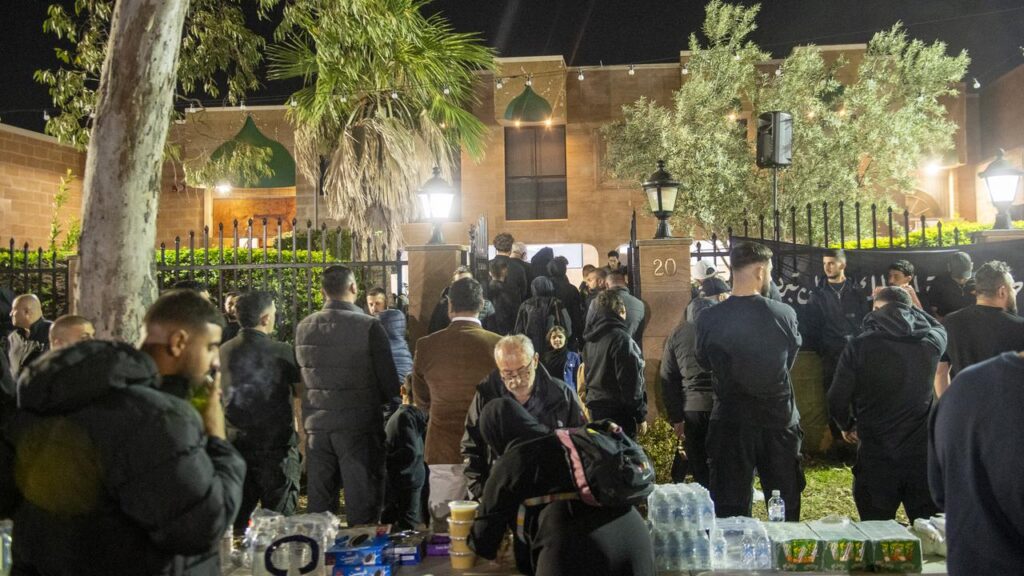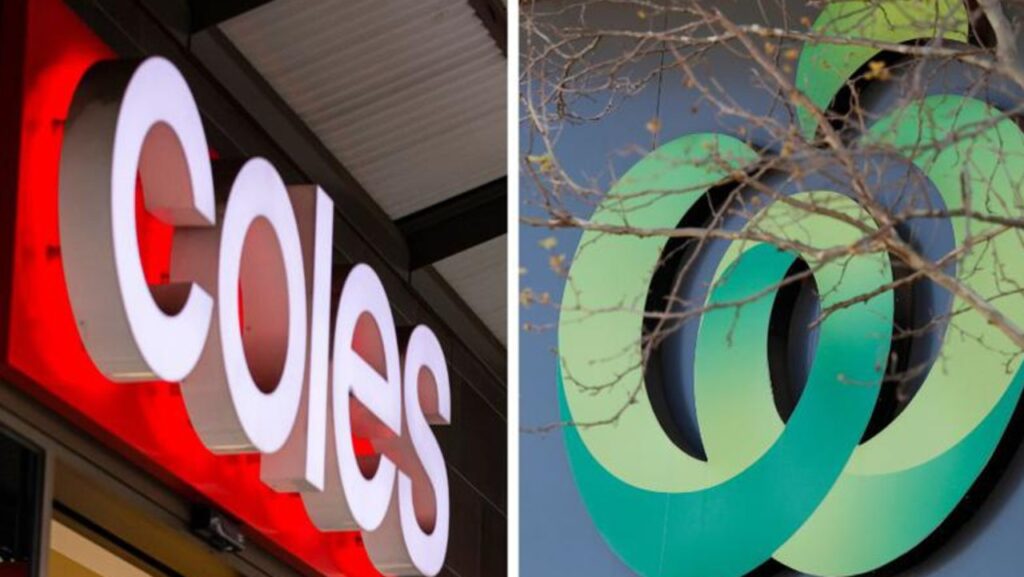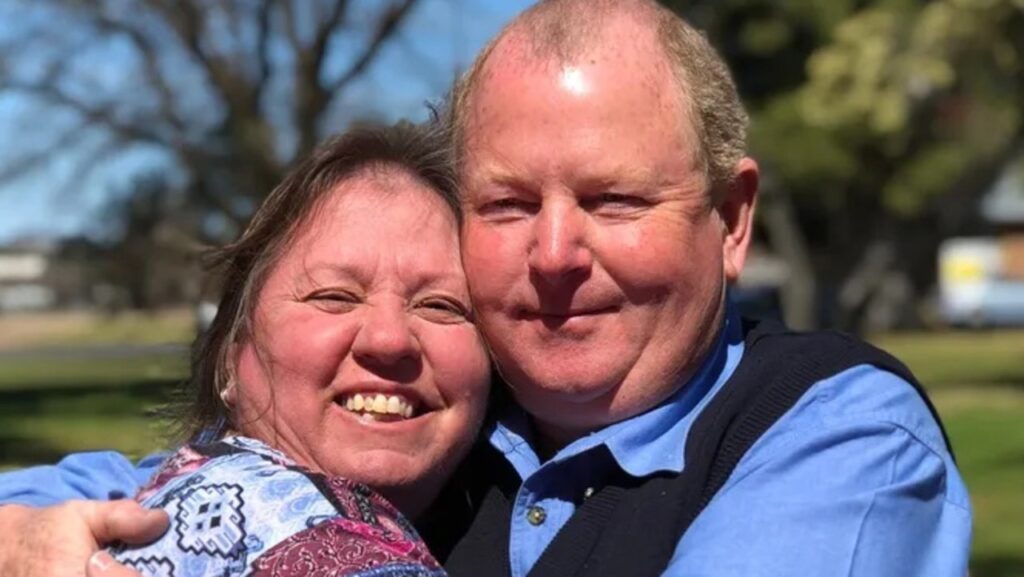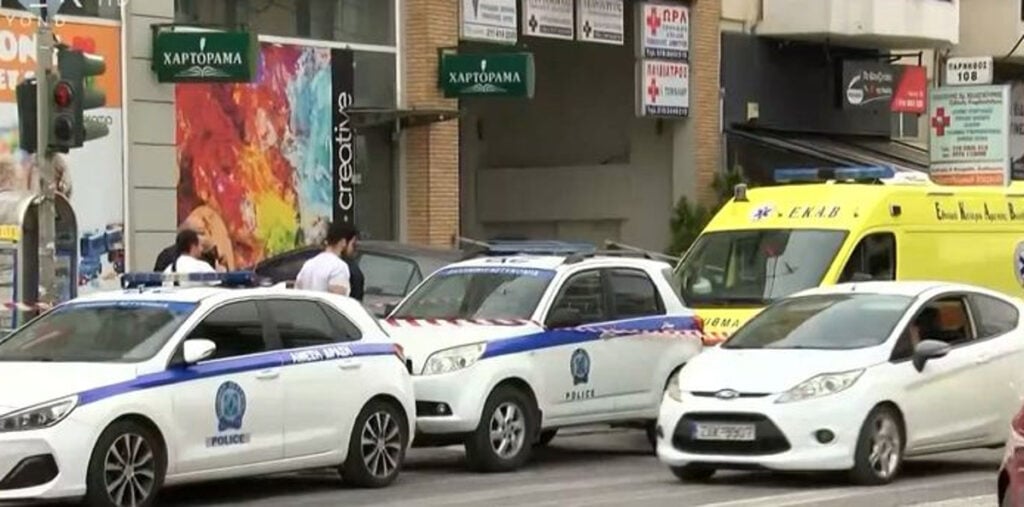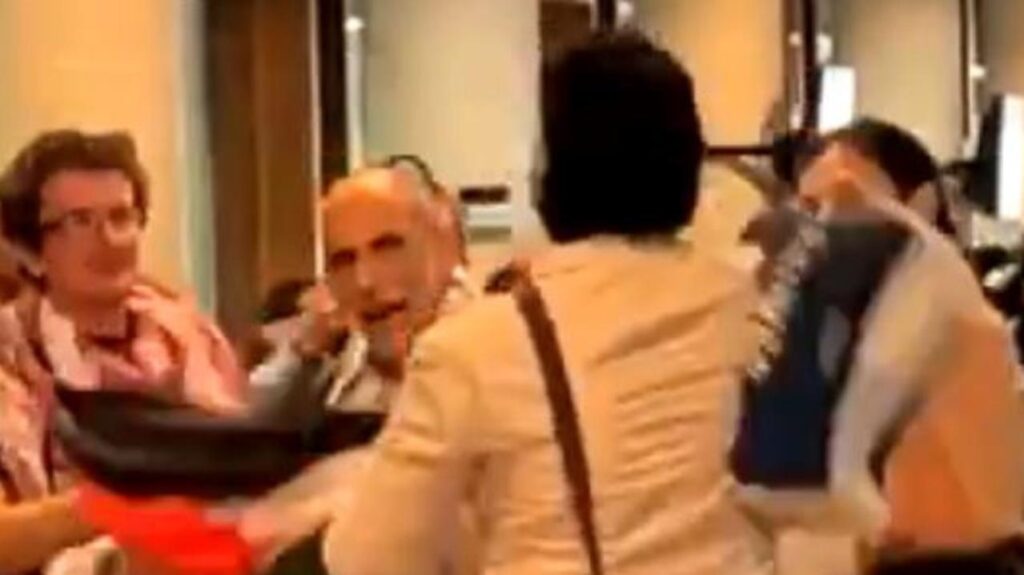Homophobia rife in Aussie sport
Written by admin on May 16, 2024
Homophobia is still rife across community sport in Australia, new research has found.
Swinburne University of Technology research, looking at discrimination for LGBTIQA+ young people, has found three-in-four gay men witness homophobia and 63 per cent of gay men experience it first hand.
“The young people we spoke to for this study highlighted their desire to be able to play sport and ‘just exist’ or be themselves, without having their identities questioned, debated and interrogated,” research fellow Dr Ryan Storr said.
“This research clearly indicates that discrimination stops LGBTIQA+ young people from playing sport, and when they do play, they often have to endure ongoing discrimination.”
More than half of LGBTIQA+ young people have seen discrimination on the field, and 40 per cent have copped it first hand. The researched surveyed more than 1000 people.
Amateur Sydney Australian rules footballer Michael O’Donnell says our country is making a slow march to stamping out homophobia and all forms of discrimination.
A clear indicator of progress: Special Pride and Indigenous merchandise typically sells out, Mr O’Donnell says.
Mr O’Donnell, 37, plays across the halfback line in UNSW Eastern Suburbs’ division three side.
The proud gay man coaches the club’s division two women’s team as well.
Mr O’Donnell was surprised 53 per cent of LGBTIQA+ young people had seen discrimination in the sporting arena.
“My memory of that sort of language, when I was younger, it was prevalent. I thought it would be 100 per cent.”
Young people were missing out on the community, mental and physical benefits of sport because of discriminatory language, he said.
“People should not be missing out on that because they’re same-sex attracted.”
Mr O’Donnell spoke to the ABC’s Four Corners program last year about the fact the AFL is the only professional sporting code in the world to not have an out, gay player, past or present.
Born and raised in Melbourne, Mr O’Donnell stopped playing football because of the homophobic language hurled around on the field, from spectators, and the media figures in the professional ranks.
He was not out then, but the discriminatory language left him harbouring shame and internal homophobia.
“Playing at a community level, it (homophobic language) does pop up, but now it does get reported and there are ramifications.”
There are ramifications in the elite ranks too.
Just this year, two AFL players and the league’s longest-serving current coach have been banned for homophobic slurs, all in separate incidents.
Mr O’Donnell said there was not a spike in the offensive language, it was just being called out and punished now.
“It is happening, but I’m lucky to play at a university club in east Sydney.”
Interestingly, the Swinburne research found LGBTIQA+ youth living in metro areas experienced discrimination more than their rural counterparts.
Mr O’Donnell put that down to understanding what sort of language crossed the line.
Broadly speaking, he believes Australia’s sporting public are willing to address discrimination, based on sexual orientation and race; those special edition Pride and Indigenous jerseys always sold out, he said.
Young LGBTIQA+ people have strong views towards Pride efforts in sport, the research finds.
They reported the challenge of rainbow washing from sport organisations; the negative impacts on their mental health, from the ongoing debates and discussions of LGBTIQA+ people’s lives through the medium of sport – including trans athletes and pride games – was also emphasised, the researchers say.
The data showed targeted efforts and programs were urgently needed to ensure sport and movement settings did not continue to cause harm and force LGBTIQA+ young people to drop out.
* Disclaimer: Researcher Ryan Storr and Michael O’Donnell are former housemates.

